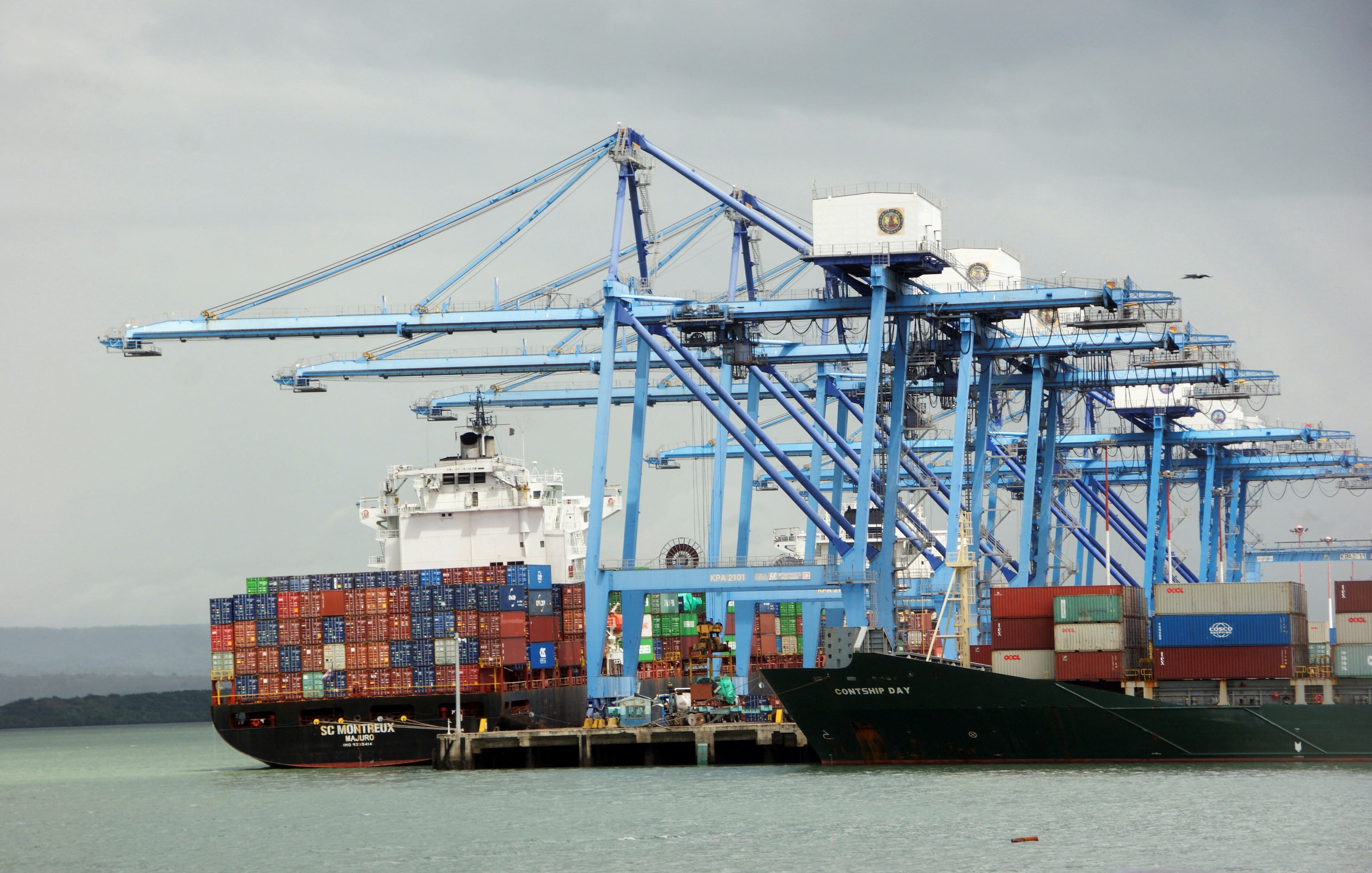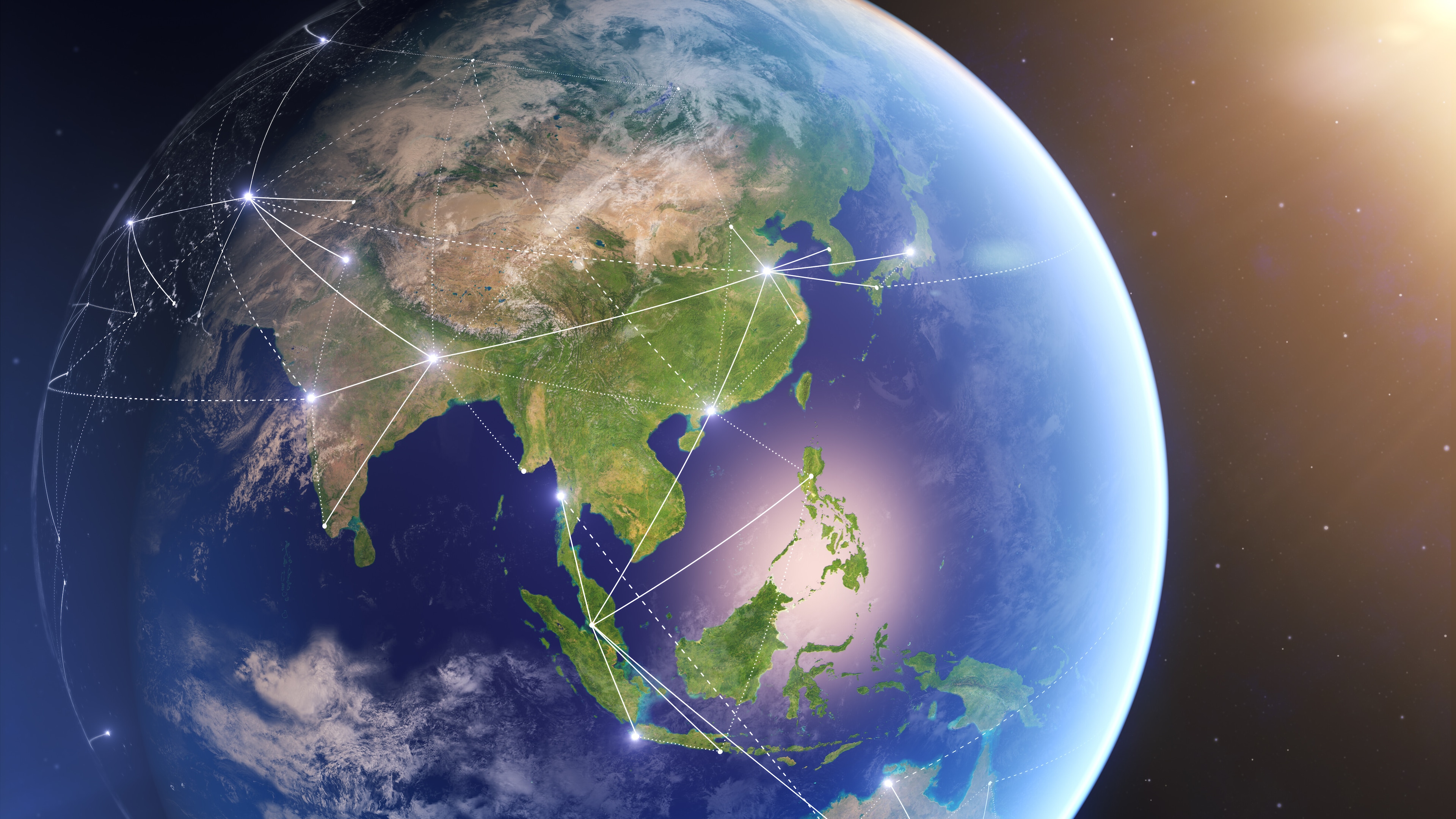Nouriel Roubini: Trump and global peace

Nouriel Roubini looks at the possible impact of Donald Trump's policies on the economy and global peace.
Image: REUTERS/Carlo Allegri
Nouriel Roubini
Professor Emeritus of Economics and International Business, Stern School of Business, New York UniversityStay up to date:
United States
Donald Trump’s election as President of the United States does not just represent a mounting populist backlash against globalization. It may also portend the end of Pax Americana – the international order of free exchange and shared security that the US and its allies built after World War II.
That US-led global order has enabled 70 years of prosperity. It rests on market-oriented regimes of trade liberalization, increased capital mobility, and appropriate social-welfare policies; backed by American security guarantees in Europe, the Middle East, and Asia, through NATO and various other alliances.
Trump, however, may pursue populist, anti-globalization, and protectionist policies that hinder trade and restrict the movement of labor and capital. And he has cast doubt on existing US security guarantees by suggesting that he will force America’s allies to pay for more of their own defense. If Trump is serious about putting “America first,” his administration will shift US geopolitical strategy toward isolationism and unilateralism, pursuing only the national interests of the homeland.
When the US pursued similar policies in the 1920s and 1930s, it helped sow the seeds of World War II. Protectionism – starting with the Smoot-Hawley Tariff, which affected thousands of imported goods – triggered retaliatory trade and currency wars that worsened the Great Depression. More important, American isolationism – based on a false belief that the US was safely protected by two oceans – allowed Nazi Germany and Imperial Japan to wage aggressive war and threaten the entire world. With the attack on Pearl Harbor in December 1941, the US was finally forced to take its head out of the sand.
Today, too, a US turn to isolationism and the pursuit of strictly US national interests may eventually lead to a global conflict. Even without the prospect of American disengagement from Europe, the European Union and the eurozone already appear to be disintegrating, particularly in the wake of the United Kingdom’s June Brexit vote and Italy’s failed referendum on constitutional reforms in December. Moreover, in 2017, extreme anti-Europe left- or right-wing populist parties could come to power in France and Italy, and possibly in other parts of Europe.
Without active US engagement in Europe, an aggressively revanchist Russia will step in. Russia is already challenging the US and the EU in Ukraine, Syria, the Baltics, and the Balkans, and it may capitalize on the EU’s looming collapse by reasserting its influence in the former Soviet bloc countries, and supporting pro-Russia movements within Europe. If Europe gradually loses its US security umbrella, no one stands to benefit more than Russian President Vladimir Putin.
Trump’s proposals also threaten to exacerbate the situation in the Middle East. He has said that he will make America energy independent, which entails abandoning US interests in the region and becoming more reliant on domestically produced greenhouse-gas-emitting fossil fuels. And he has maintained his position that Islam itself, rather than just radical militant Islam, is dangerous. This view, shared by Trump’s incoming National Security Adviser, General Michael Flynn, plays directly into Islamist militants’ own narrative of a clash of civilizations.
Meanwhile, an “America first” approach under Trump will likely worsen the longstanding Sunni-Shia proxy wars between Saudi Arabia and Iran. And if the US no longer guarantees its Sunni allies’ security, all regional powers – including Iran, Saudi Arabia, Turkey, and Egypt – might decide that they can defend themselves only by acquiring nuclear weapons, and even more deadly conflict will ensue.
In Asia, US economic and military primacy has provided decades of stability; but a rising China is now challenging the status quo. US President Barack Obama’s strategic “pivot” to Asia depended primarily on enacting the 12-country Trans-Pacific Partnership, which Trump has promised to scrap on his first day in office. Meanwhile, China is quickly strengthening its own economic ties in Asia, the Pacific, and Latin America through its “one belt, one road” policy, the Asian Infrastructure Investment Bank, the New Development Bank (formerly known as the BRICS bank), and its own regional free-trade proposal to rival the TPP.
If the US gives up on its Asian allies such as the Philippines, South Korea, and Taiwan, those countries may have no choice but to prostrate themselves before China; and other US allies, such as Japan and India, may be forced to militarize and challenge China openly. Thus, an American withdrawal from the region could very well eventually precipitate a military conflict there.
As in the 1930s, when protectionist and isolationist US policies hampered global economic growth and trade, and created the conditions for rising revisionist powers to start a world war, similar policy impulses could set the stage for new powers to challenge and undermine the American-led international order. An isolationist Trump administration may see the wide oceans to its east and west, and think that increasingly ambitious powers such as Russia, China, and Iran pose no direct threat to the homeland.
But the US is still a global economic and financial power in a deeply interconnected world. If left unchecked, these countries will eventually be able to threaten core US economic and security interests – at home and abroad – especially if they expand their nuclear and cyberwarfare capacities. The historical record is clear: protectionism, isolationism, and “America first” policies are a recipe for economic and military disaster.
Don't miss any update on this topic
Create a free account and access your personalized content collection with our latest publications and analyses.
License and Republishing
World Economic Forum articles may be republished in accordance with the Creative Commons Attribution-NonCommercial-NoDerivatives 4.0 International Public License, and in accordance with our Terms of Use.
The views expressed in this article are those of the author alone and not the World Economic Forum.
Related topics:
Forum Stories newsletter
Bringing you weekly curated insights and analysis on the global issues that matter.
More on Global CooperationSee all
JJ Enoch
August 6, 2025
Eric Holst
August 4, 2025
Catherine Chevauché
August 4, 2025
Li Dongsheng
July 31, 2025
Pranidhi Sawhney and Adam Skali
July 29, 2025
Oliver Kade and Sarah Hadley
July 28, 2025





